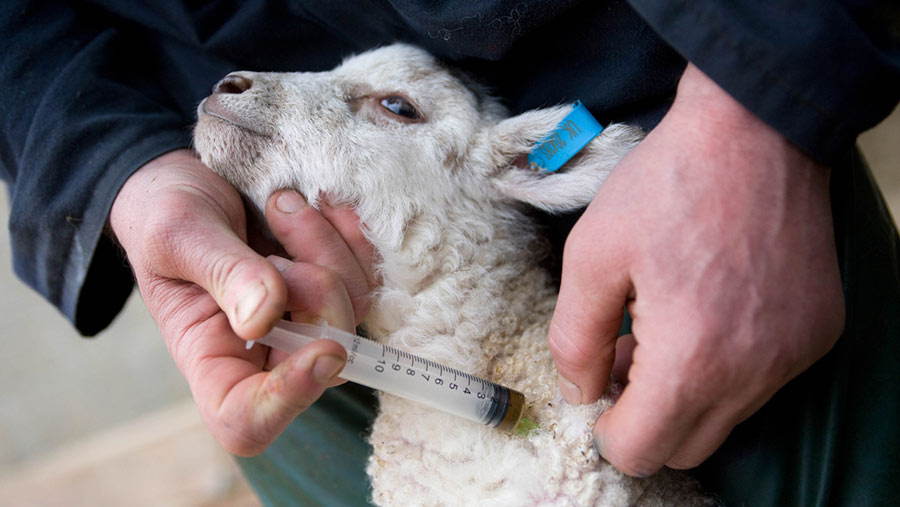Farmers must ‘do their bit’ on antibiotics
 ©Tim Scrivener
©Tim Scrivener Animal medicine manufacturers and the meat supply chain say the farming industry must “do its bit” to control the spread of antibiotics resistance.
The Responsible Use of Medicines in Agriculture Alliance (Ruma) was responding to comments made by shadow Defra secretary Kerry McCarthy.
Ms McCarthy used a London speech to call for an international clampdown to reduce the use of antibiotics in livestock production.
See also: Kerry McCarthy calls for clampdown on antibiotics
Chancellor George Osborne has also called for a reduction in the “unnecessary” use of antibiotics.
Ruma said it was willing to work with the authorities and appropriate specialists to develop meaningful, evidence-based targets on the use of antibiotics in farming.
But it said more evidence on actual usage of antibiotics and the impact of any reductions was essential to avoid the risk of inappropriate targets.
Setting inappropriate targets could be counterproductive and even lead to increased risk of resistance, said Ruma. In a statement, it said: “Ruma also welcomes Ms McCarthy’s recognition that interventions in antibiotics use are not without consequence.
“Any benefits for public health need to be balanced against the impact of restricted antibiotics use on animal welfare, the economic viability of our farms and overall UK food security.
“Badly handled, there is a real risk we will end up importing produce which increases risk to human health if our own, highly regulated industry is rendered unviable through arbitrary curbs.”
See also: Chancellor calls for reduction in antibiotics
Ruma’s best course of action was to move away from a fixation with reducing antibiotics use alone and help farmers improve animal health, reduce bacterial diseases and their need to use antibiotics.
“One route is for food businesses to work closely with their supply chains to give farmers the confidence, means and support to make any necessary changes,” said Ruma.
“Another would be government support for accessing EU funding streams to help UK producers upgrade old buildings and invest in new technology.”
Ruma again challenged Ms McCarthy’s statement that higher use of antibiotics in farming was undermining their effectiveness in human medicine.
Recent reports have indicated antibiotics resistant bacteria in humans and animals was – for the most part – genetically different, it said.
Another study has confirmed farm animal use could be responsible for as few as one in every 370 clinical cases, said Ruma. “Despite this, resistance is a threat in animals too and the farming industry, as well as those looking after the health of horses and pets, must “do its bit” to control spread.
The UK livestock sector was actively looking at the lessons it could learn from other countries’ experiences in reducing antibiotics use but direct comparisons were never simple.
It should be remembered that the Danish government invested heavily to allow its pig farmers to build new high-health premises, said Ruma.
Similarly, in reducing its antibiotics use by nearly 60%, the Netherlands was now at approximately the same level of use as the UK.
